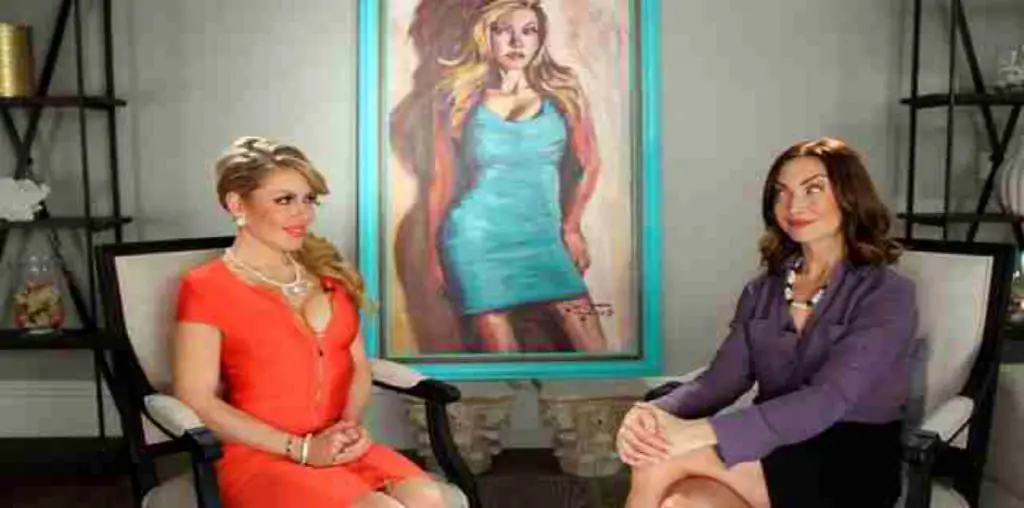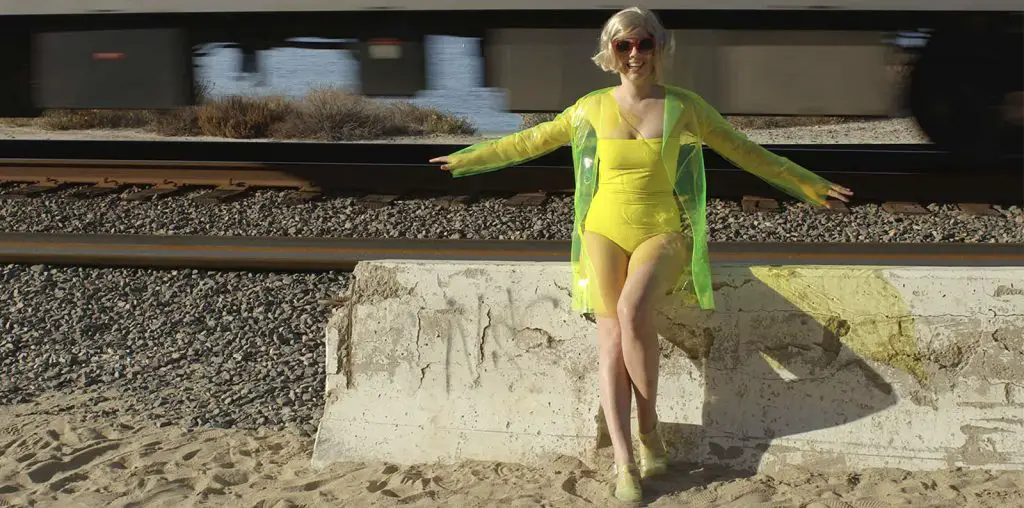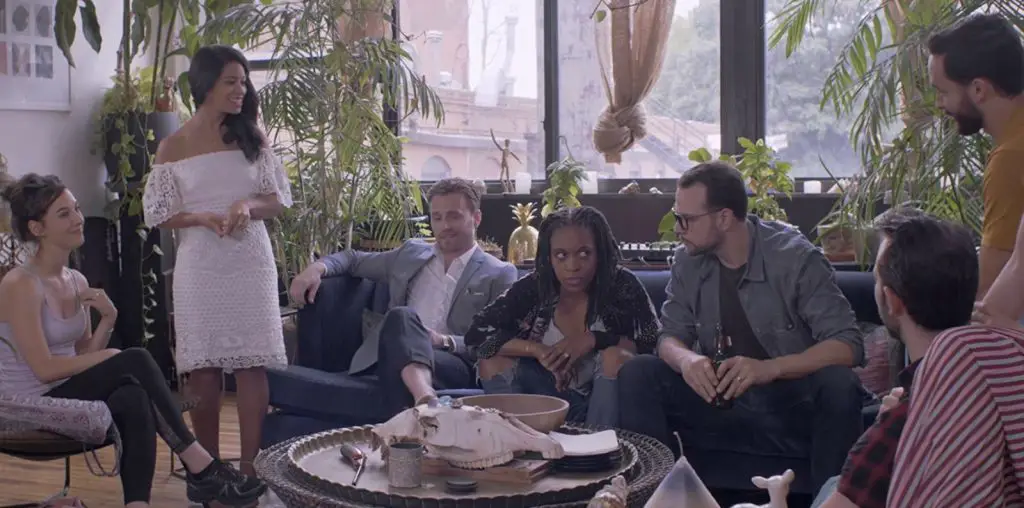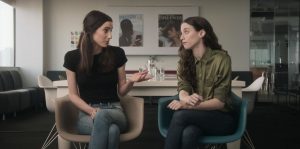
The Social Ones, a comedy focused around the personalities of viral entertainers and social media influencers, is the latest addition to the ever-popular mock-documentary trend. Since This is Spinal Tap invented the genre nearly forty years ago, there have been countless variations of the format, from the deadpan sitcoms of Greg Daniels to the pseudo-vérité social satires of Sacha Baron Cohen. With its focus on institutional dysfunction and the magnetizing effect a unique event can generate for a group of kooky characters, The Social Ones definitely falls on the Christopher Guest end of the spectrum.
The plot, such as it is, centers around Mia (writer-director Laura Kossan) and Ava (Danielle Kossan), the two editors-in-chief of The National Influencer, a publication devoted to “the modern-day celebrity…celebrity, obviously, meaning people with large social media followings.” For the five-year anniversary of their magazine, they decide to commemorate the event by staging a cover shoot with the five biggest influencers on the internet. There’s Snapchat daredevil sensation Dan (Colton Ryan); the “meme god” Kap Phat Jawacki (Setareki Wainiqolo); chef Dixie Bell (Desi Domo), who is a sort of Girl Fieri if you will; Jane Zap (Nicole Kang), who makes videos with animals she dresses up; and finally, there’s the fashion diva Josie Z (Amanda Giobbi), who always puts her hapless assistant through the wringer. As they try to corral their viral superstars, dysfunction and hijinks ensue, culminating in an unexpected meta finale straight out of The Matrix Reloaded.
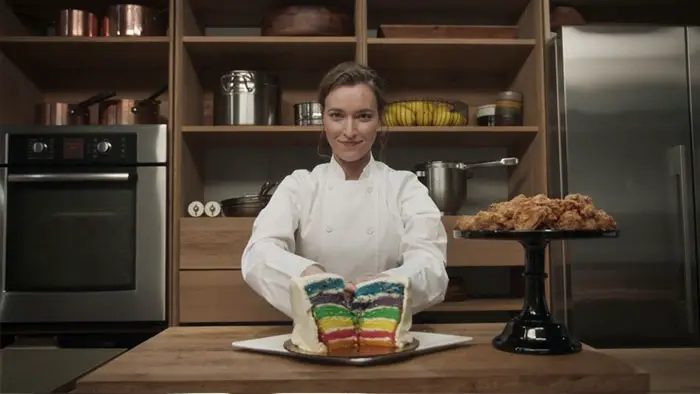
“…they decide to commemorate the event by staging a cover shoot with the five biggest influencers…”
Most of the film uses the familiar setup of laughing at how celebrities are needy, insecure, and difficult to allow a cast of talented comedians to riff on what it means to be internet famous. Unfortunately, there is not much structurally speaking that moves us through the different comedic set pieces. Each character we spend time with is unique and has their own amusing peccadilloes like the Snapchatter’s decision to only answer questions monosyllabically, or the hilariously muted anxiety of the National Influencer employees.
But despite the competence of the cast, the effective editing, and beat-work that is essential for this style of comedy to land, the format began feeling repetitive a little too quickly. Much of the humor is mined from the dichotomy that artists can be both infantile dolts and also geniuses of their instrument. Kap Phat Jawacki explaining how his huge free-associative corkboard filled with random content that he strings together with red twine like he was hunting a terrorist on Homeland helps him create memes is amusing. But it feels like the screenplay is settling for the easy joke: that a meme is plugging in random irreverence into an algorithm. The gag lands but tepidly. It’s just not that hot of a take and ignores the Dadaist tradition meme culture follows in.
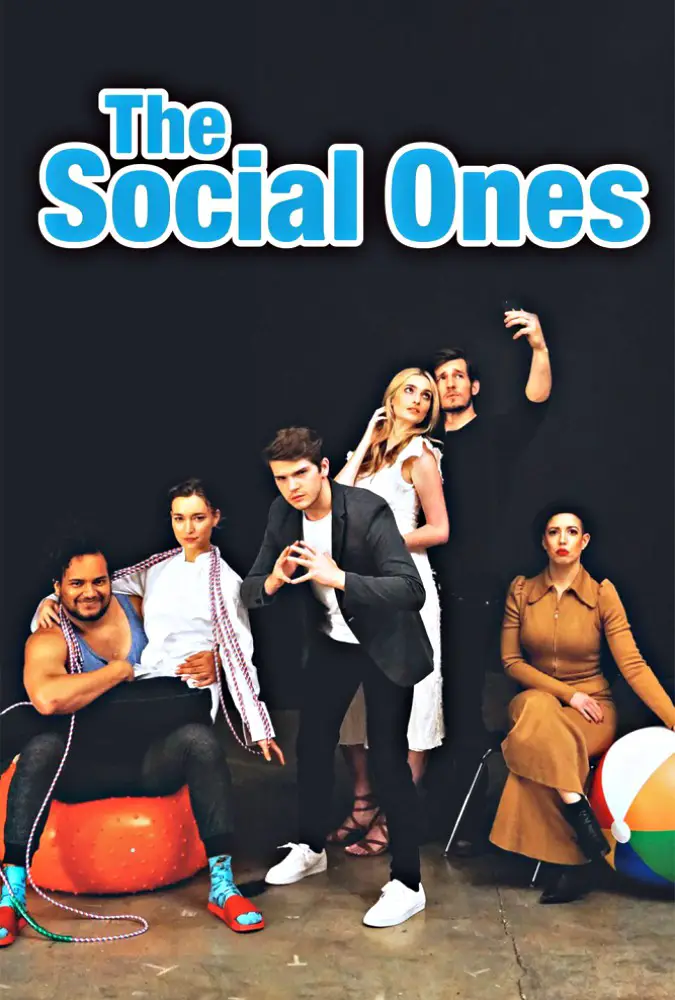
"…this style of comedy should feel effortless and naturalistic."
